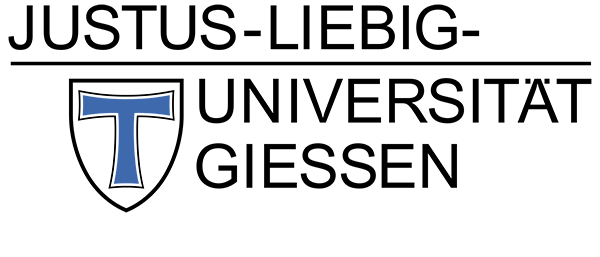On behalf of the Panel on Planetary Thinking, we are pleased to invite applications for an innovative fellowship program based at the Justus-Liebig-Universität (JLU) in Giessen, Germany. The consecutive four-year program fosters transdisciplinary dialogues between the humanities, social sciences, natural sciences, life sciences and the arts. In 2023, two fellowships are awarded from April-June, and two others from September-November to explore Planetary Spaces. To contribute to each year’s thematic focus, we seek individuals who are willing to transgress disciplinary boundaries within and resulting from their advanced, academic and creative endeavors.
The Planetary Scholars & Artists in Residence Program (2022-2025) provides the space for intensive, collaborative work on how the sciences and the arts grapple with the manifold relations between societies and the planet. Currently, the first round of fellows are working on the overarching theme of Planetary Materials ‐ ranging from tangible wood and tree rings to vibration as a planetary trans-material and social sculpture.
Engaging with what it means that we do not simply live ‘on’, but are part of an ever-changing planet, planetary projects unite scientific and creative methods to communicate their insights. To the second round of the program, we invite applications which focus on (2) Planetary Spaces (2023), whereas the topics for the consecutive calls will be addressing (3) Planetary Times (2024), (5) Planetary Agency (summer term 2025), and (6) Planetary Politics (winter term 2025).
Planetary Thinking on Planetary Spaces
The overarching questions the program aims to address touch upon the diverse dimensions:
- In terms of the past: How did planetary forces form us? How did we obtain planetary forces that are capable of transforming Earth?
- As concerns the present: How can humans deal with irregular-regular planetary changes that are beyond their influence? What does it mean to have such powers, how should they be deployed and when should they be restrained?
- And prospectively: Which planetary forces beyond our influence can we anticipate? Which planetary dynamics can we ally or reunite with, and which alliances should we quit (if possible)?
Possible foci for the second round of projects seeking insights into Planetary Spaces (2023) include, but are certainly not limited to:
- specific sites on planet Earth or another planet, such as the Amazon, the Mariana Trench or the Valles Marineris;
- interplanetary spaces, such as the orbit of Venus, the route of a spacecraft to Mars or the Van Allen radiation belt;
- trans-spaces, such as coastal regions, flight- or land routes of human and nonhuman migration, artificially connected spheres and deep space, such as networks created by sensors in, on or around Earth;
- contested spaces, such as indigenous land, border areas and other sites of political, socio-cultural, or economic conflict, threatened or disrupted habitat or natural reserves;
- chemical and biological geographies, such as the distribution of human and nonhuman life, carbon or hydrogen circulation;
- real and imaginary spaces in representation, such as maps and globes, climate- or science-fiction literature, video games, art installations;
While we wish to stress the wide range of possible projects from pilot studies to risky investigations to finalizing ventures, an overarching agenda to further an understanding of Planetary Spaces, particularly by rendering them visible, tangible, and/or palpable by creative/scientific means should be prominent.
Requirements and Application Procedure
- fellows should have an advanced academic or artistic record relevant to Planetary Spaces; as we prioritize the respective project's relevance for our theme as against academic degrees holding a PhD is not a prerequisite
- fellows must commit to a stay of three months and take up residence in or in the proximity of Giessen
- fellows should be willing to participate actively in the activities outlined above and (co-)organize one workshop.
Please send the application (in English) as a single pdf-file and include the following:
- Cover letter (one page max.)
- Curriculum vitae
- Project description (one page max.)
- Tentative abstract for workshop or alternative format (one page max.)
- Outline of any specific requests (materials/equipment) needed, individual requirements with regards to the furnishment of office spaces/studios, etc.)
For more information click "LINK TO ORIGINAL" below.
